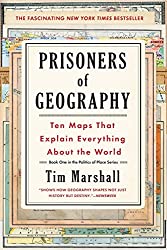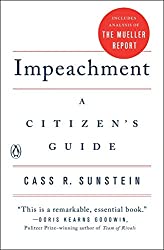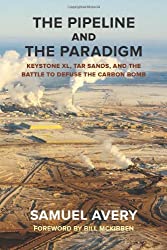
Rating: 7.2/10.
Explains how relationships between countries are affected by geography, sort of like the CaspianReport YouTube channel, but in book format. Russia is concerned with getting access to a warm-water port, which explains why they invaded Afghanistan and recently Crimea. Since the fall of the Soviet Union, it’s lost a lot of territory, and NATO is a lot closer to its capital than before.
China is an export-driven economy and is scared of a naval blockade during time of war, so it’s building a navy to control the South China Sea. It controls Tibet to maintain a buffer zone from India, and so that a foreign power can’t control its water sources and use it as a staging area for invasion. Xinjiang is also a trade route towards the Middle East (especially Pakistan where China is making infrastructure investments).
The US won the geographical lottery by spanning coast to coast, making it impossible to invade, and having navigable waterways. It bought a lot of Britain’s naval posts during WW2, and now uses its power to protect western interests worldwide. Europe is made of mostly disjointed rivers, leading to many different ethnic groups. It’s currently united under the EU, but there are tensions due to wealth disparities: the southern countries Spain and Greece are poorer then northern countries like Germany.
Africa is disadvantaged: its rivers are not useful for navigation, and European colonialism drew borders in a way that different ethnic groups are contained in each country and they don’t get along. Middle East suffers from the problem too, with the Kurds in the mountains spanning several countries, and Shia / Sunni Muslims having conflicts of religion.
The later few chapters of the book are somewhat rambling on the recent politics and history of each region, with less focus on geographical factors. It jumps around rapidly between countries in each region for the Middle East and Latin America, leaving little room to explore any issues in depth. Overall a few themes are common throughout the book. Trade is important, in the form of natural harbors, navigable rivers, and control over trade routes, so that if it’s difficult to get goods in and out of a region, it will likely be poor. Having different ethnic groups within one country is really bad, as it makes the country internally disunited and politically unstable.



